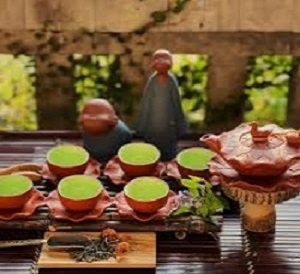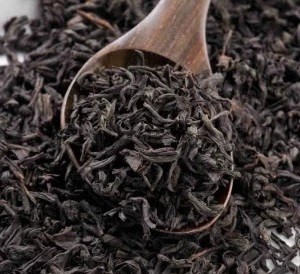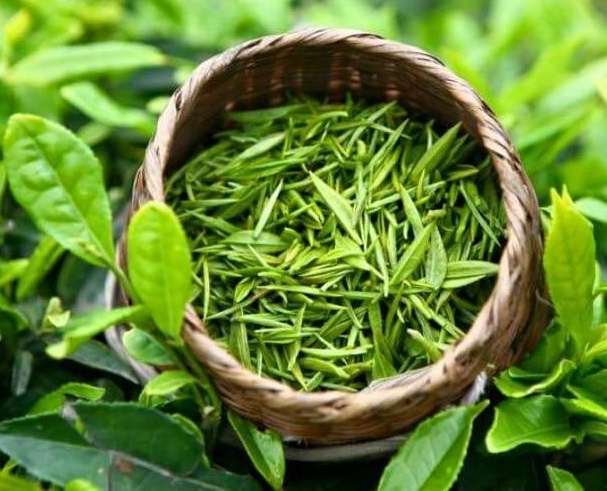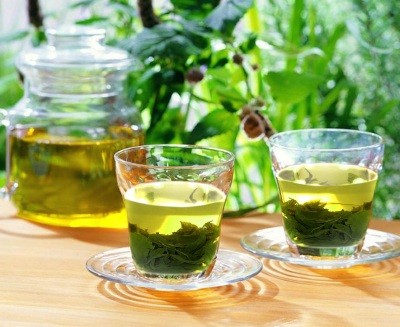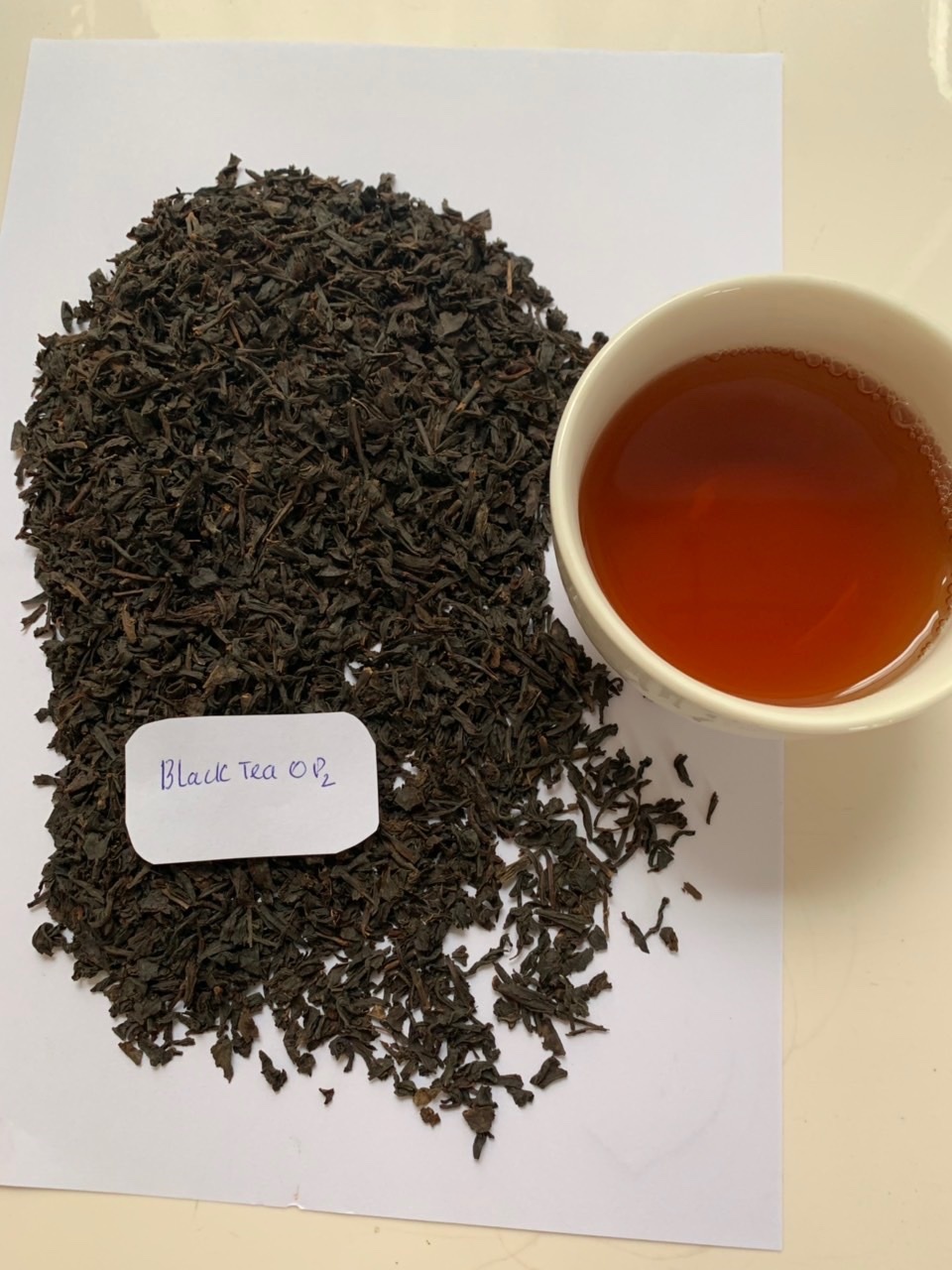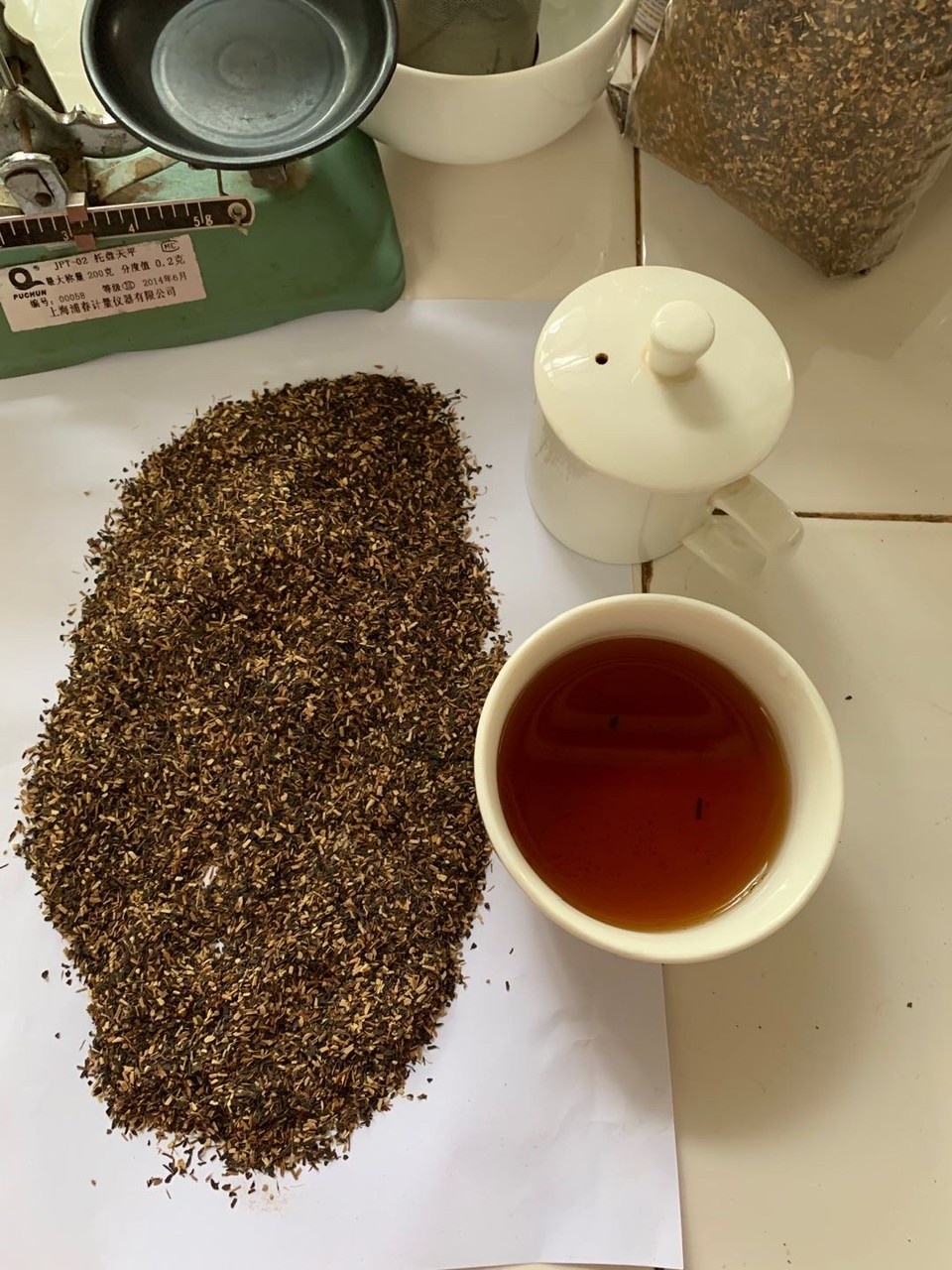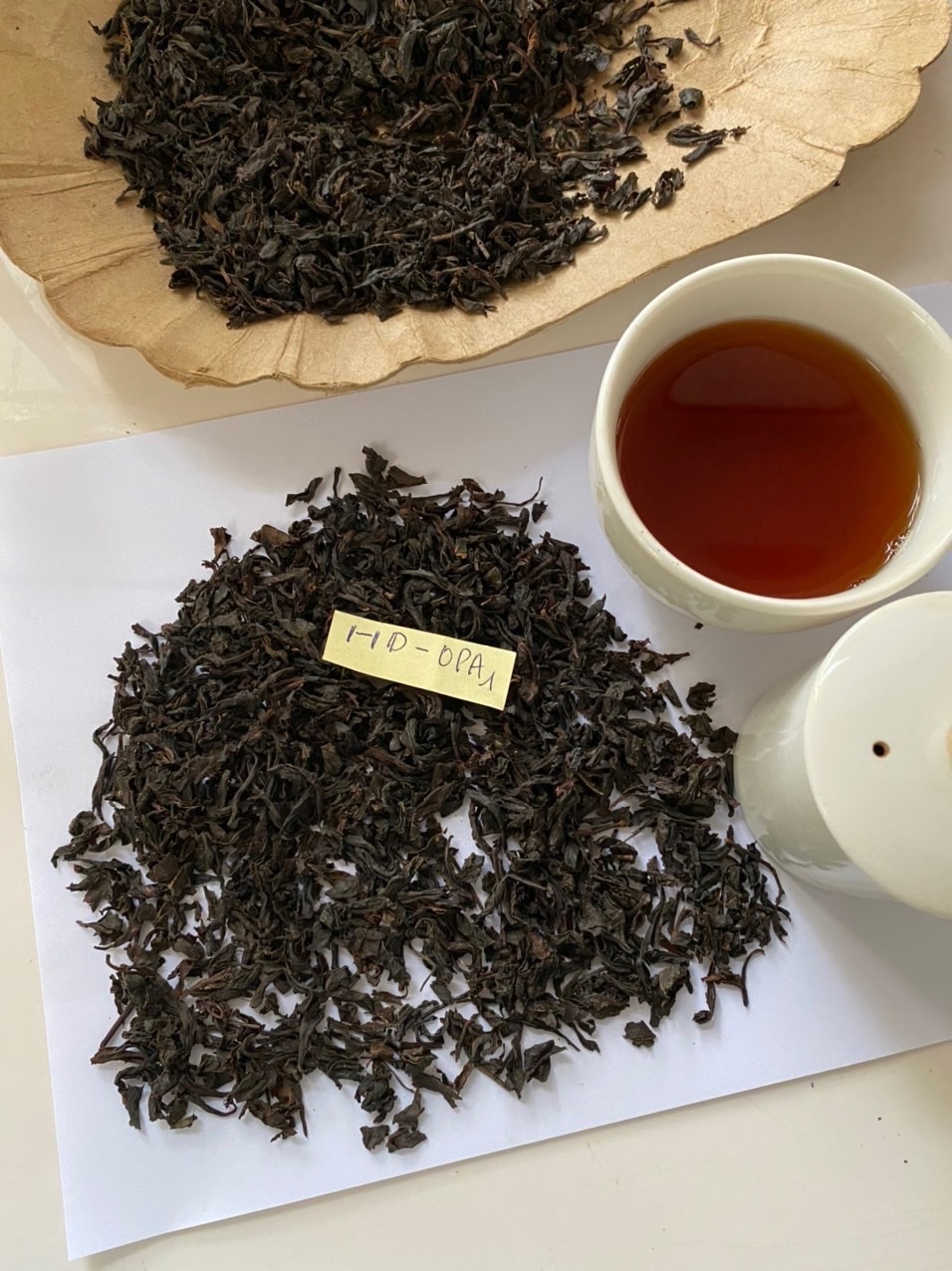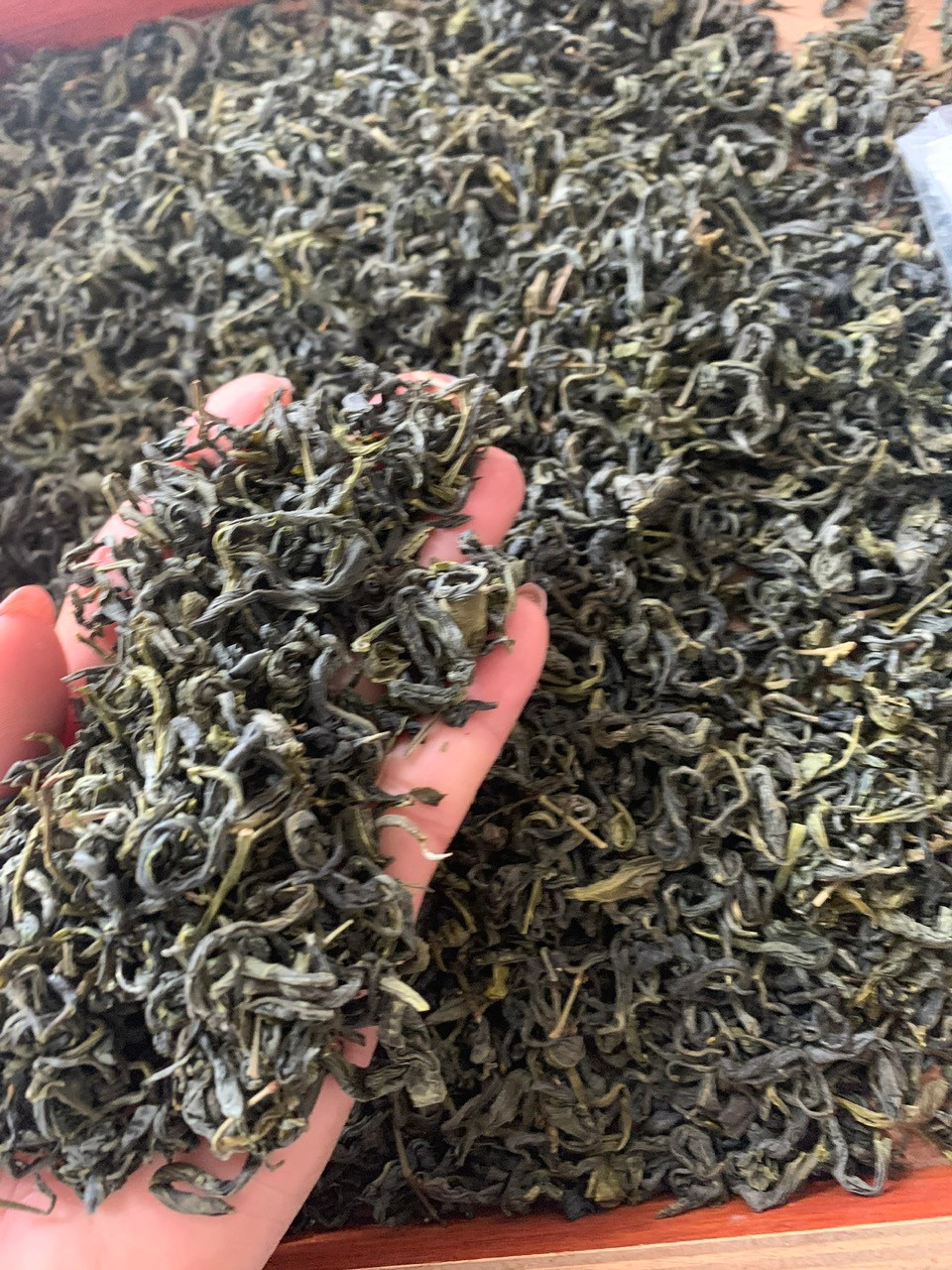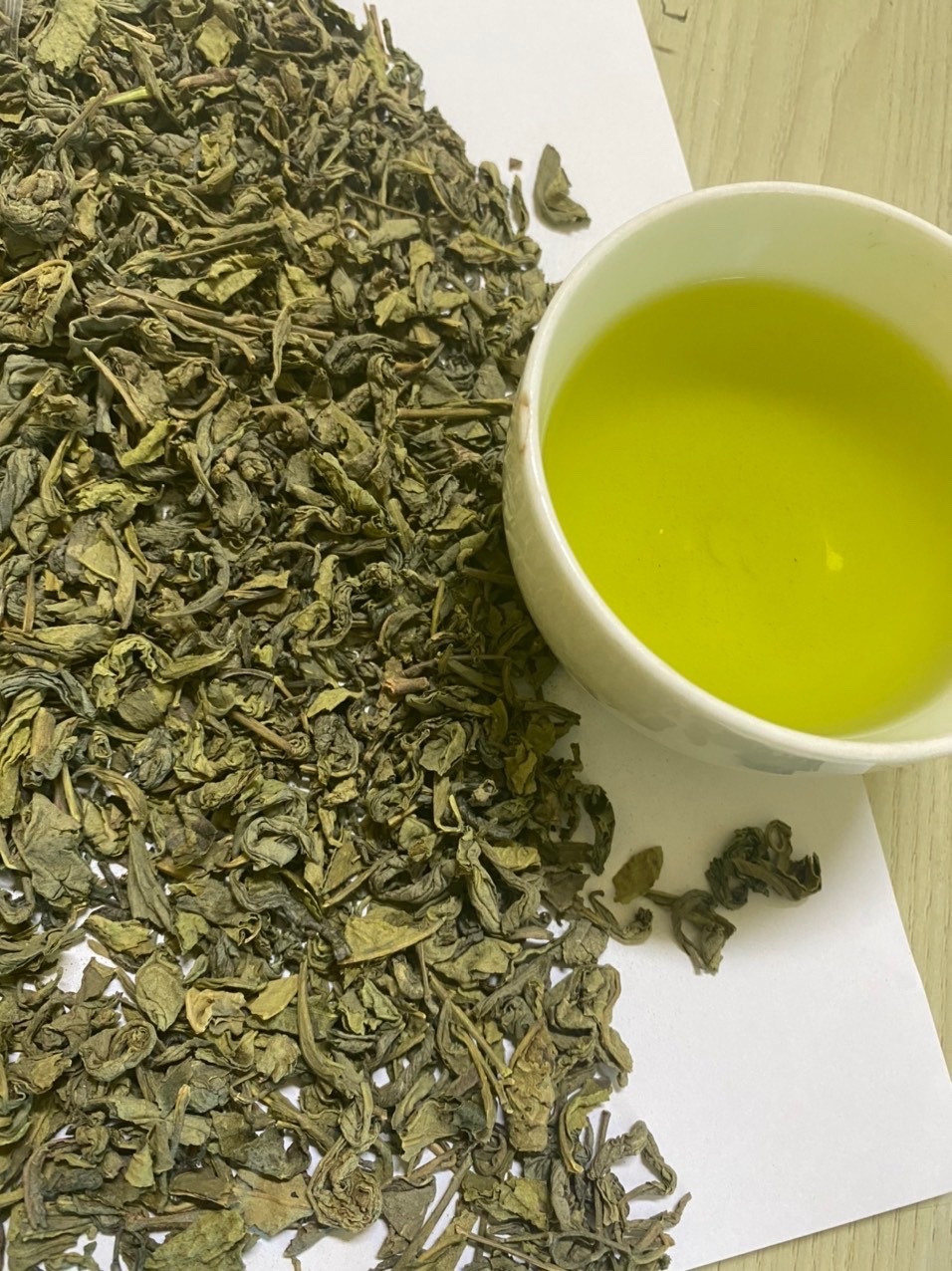Green tea is a quite familiar drink for Vietnamese people. However, use needs to be at the right time of day and appropriate dosage to avoid affecting health.
Specialist Doctor 2 Huynh Tan Vu, lecturer in the Department of Traditional Medicine, Ho Chi Minh City University of Medicine and Pharmacy, said that GREEN TEA is a small-stem plant, 5 - 6 m tall, some trees can grow to 10 m. The scientific name of the tea plant is Camellia sinensis. The tree grows in bushes, has many branches, the trunk and branches are brown, and some young branches are green.
Green tea leaves and buds are used for many medicinal values. Green tea leaves are harvested in the spring, only young tea leaves and buds are harvested. Then wash it and boil it to drink or crush it and then dry it for later use.
"Green tea leaves are a popular beverage in many cultures, providing a number of important health benefits, such as protecting the health of our brain, heart and bones as well as beautifying the skin." However, improper use can be harmful to the body. Therefore, you should use green tea at the appropriate time and dosage," Dr. Vu shared.
Green tea leaves contain many chemical constituents, including flavonoids, triterpene saponins, caffeine, tannine, quercetin, essential oils, ascorbic acid (vitamin C), riboflavin (vitamin B), carotene, malic acid, theophylline, xanthin, oxalic acid , kaempferol,... These compounds have great effects such as stopping diarrhea, reducing the risk of cancer, preventing and protecting the heart, anti-aging, maintaining healthy bones and joints, enhancing memory, Protects the liver, controls blood pressure, prevents diabetes complications, reduces the risk of infectious diseases, supports asthma treatment and reduces the risk of tooth decay...
Green tea leaves have many health benefits
LE CAM
Green tea is not toxic, so it can be used in large doses (about 200 g/day). Tea leaves are used in decoction form or used externally such as pounding, soaking, or making bath water). According to Oriental medicine, green tea leaves have a bitter, acrid taste and cool properties that have diuretic, calming, heat-clearing, thirst-quenching, rice-digesting, and body-cooling effects.
Should drink hot
Green tea is cold so do not use it cold because it is too cold and will cause phlegm. Therefore, you should drink it hot. Some places at home and abroad have the custom of drinking hot tea, sometimes adding a slice of fresh ginger to the tea.
Do not use on an empty stomach or at night
Green tea contains a large amount of caffeine, which can cause dizziness and lightheadedness if consumed on an empty stomach. Caffeine in green tea leaves has a stimulating effect on the central nervous system to increase concentration and brain activity. Therefore, drinking green tea at night can cause difficulty sleeping and insomnia. You should drink green tea early in the morning to keep your mind alert and increase your performance at work, study, etc.
Because green tea has cooling properties, it is better to drink it when it is hot
LE CAM
Do not use immediately after eating
Avoid drinking green tea immediately after eating because tannins can reduce the absorption of iron and nutrients in food.
Do not use for people with constipation or taking blood clotting medications
"The active ingredient tannin in green tea has the effect of stopping diarrhea, so people with constipation should limit its use. Do not use tea leaves for people who are taking blood-thinning medications because green tea contains vitamin K - which increases the risk of blood clotting function," Dr. Vu explained.
In addition, people with neurasthenia, insomnia, and high blood pressure should also limit the use of green tea, because green tea contains a lot of caffeine, which has a stimulating effect on the nerves, increasing the burden on the heart and increasing the heart rate. and hypertension.
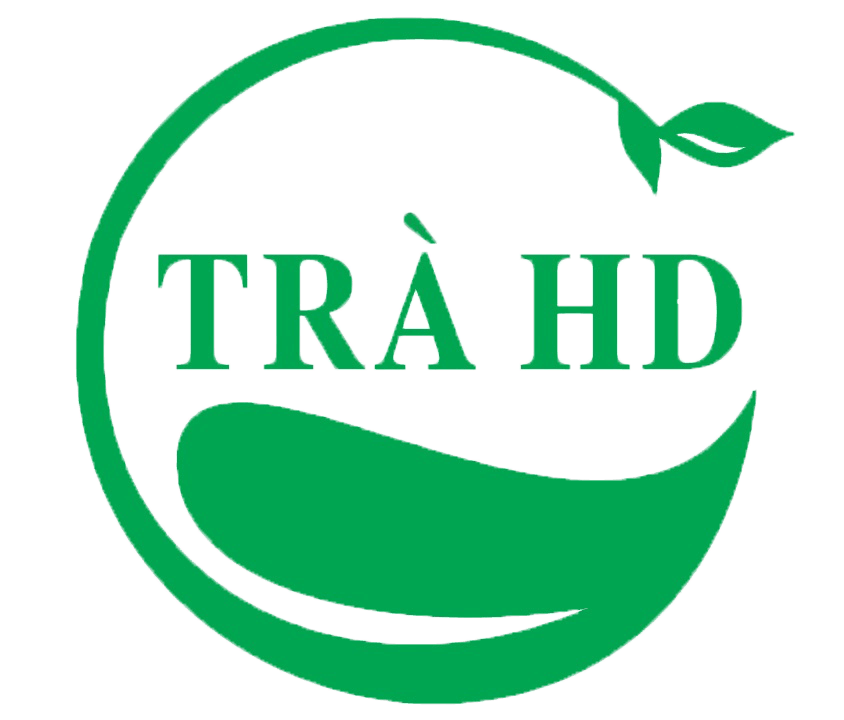

 Vietnamese
Vietnamese